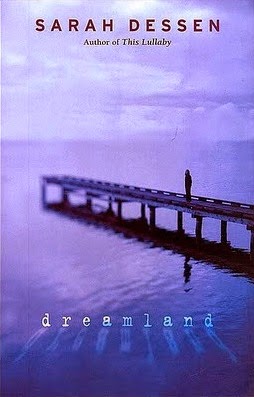Fast forward twenty years, and it's release day for FAULT LINE and this happens:
I get a little #1 next to my name again. (Yes, it was only in hot new releases in social issues, not overall Amazon rankings, but still...). And the awesome feeling from freshman year of high school returns. Like this bubble of amazing possibility inside of me.
I loved everything about release day. I've heard lots of debut writers say the same thing. All this good will is showered over you and your little labor of love is out in the world and it's a social media frenzy of congratulations. But then, after that first day, that first month, those first six months, you wake up to the morning when your book is ranked 700,000 on Amazon. So basically the world wants to read 699,999 books more than yours. Perfect.
And then you start going into this panic mode of: have the fifty people I actually know in real life all bought my book? should I be going to more conventions? should I be talking up my book more? should I hold a giveaway? should I do another blog tour? should I have a fire sale in my garage? should I stand outside the high school giving away copies of my book to anyone who also buys some of the 50 extra boxes of girl scout cookies we have? WHAT MORE CAN I DO?
"I need to do this BETTER" is a mantra of daily self-flagellation. And suddenly your shitty Amazon ranking becomes this albatross around your neck. Until tomorrow or next week or seventeen days from now, when it unexpectedly drops to 150,000 and you wonder if some blog posted a review and what happened and whatever did happen, how can you recreate that? (Btw, I don't really know these things, but apparently the difference between rankings of 700,000 and 150,000 is like, three books. When I heard this, I laughed really hard because OF COURSE it is. Oh Amazon.)
If I start panicking about not doing enough to sell my book, I take a deep breath and say to myself, "Now is the time to STOP. Let this go and go for a run. Volunteer in your kids' classrooms. Do some tip sheets for your day job. Brainstorm roller derby names. Google pictures of Lenny Kravitz." Because the reality is, that doing MORE to sell my book would bug the crap out of me and all the people who are my friends and family. I only know fifty people. They have all bought my book. There are no eggs left in this basket, so I need to refocus on the things that I can control.
 |
| "Don't worry, baby, you're doing just fine." |
I have said over and over again that writers need to have definitions of success that are not based on sales or awards or reviews. They need to have something of their own that they can hold on to as a measure of how they've succeeded in this life. They need to have moments where they remember why they're doing this. Otherwise, there will be inevitable slumps and self-doubt and a whole crapload of other stuff that will cause more grief than it's worth.
For me, I had one of these "success" moments yesterday, when I was lecturing to a class at Northwestern University about using FAULT LINE as a way to promote dialogue about sexual violence and start moving toward social change. (I love doing this class, btw.) After the lecture, a guy came up to me and said, "I thought I was just going to skim your book, but then I read the first few pages and I thought, 'this is really good' and I read the whole thing in one sitting. Thanks for writing it. I'm glad you're getting guys involved in this issue."
And it was these words that re-calibrated me. Made me get off the self-flagellation train and get back to work. Get back to having a life instead of worrying about this book which really no longer belongs to me. At the end of the day, writers need to remember that they created something and it is a thing that some people will love and some people will hate and some people will never know even existed and really that's okay. Go about the business of being you. Find success in the little things. Be grateful and compassionate. Live as fully as you can. That is enough of a gift to this world.


















